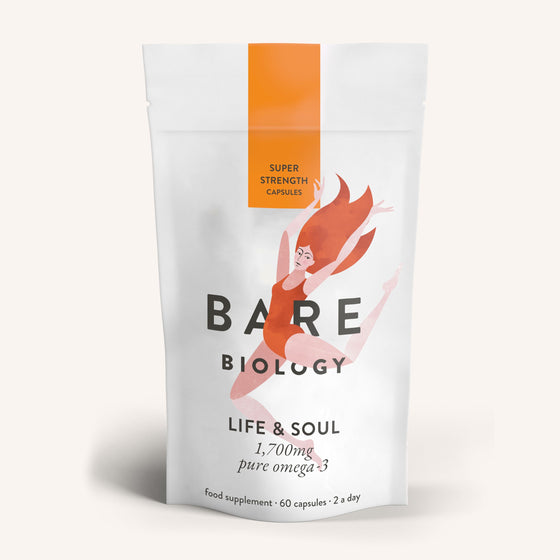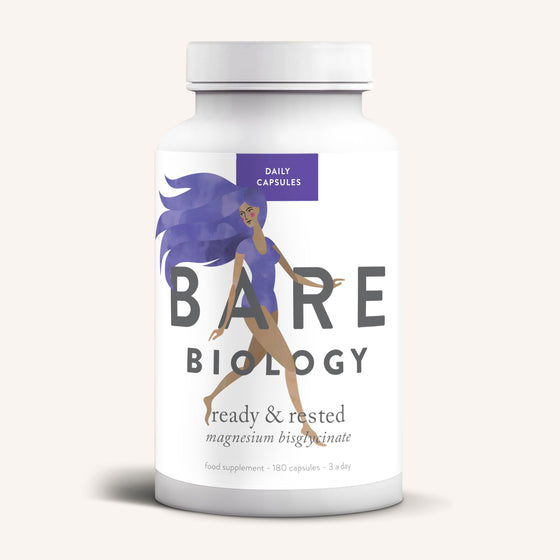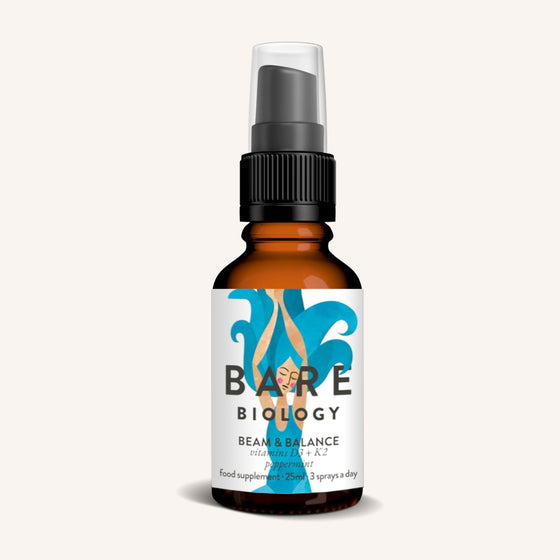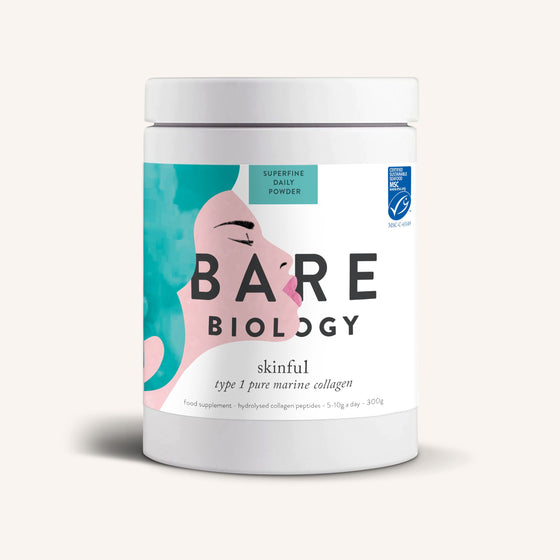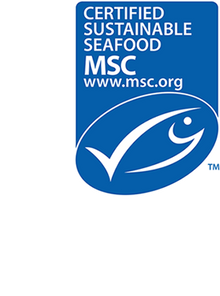It's always better to eat food rather than take supplements and this is what we recommend. However, it's not always the case. There are two big questions for pregnant women when it comes to eating fish for Omega 3.
1) Will the fish give you enough during a period when you need more Omega 3?
Farmed salmon is the number one choice of oily fish for approximately half the UK population. A study by Professor Douglas Tocher revealed declining Omega 3 levels in Atlantic Salmon. So even if you're eating the recommended portions of oily fish per week, you're probably not getting enough Omega 3. "About five years ago, a portion of Atlantic salmon of 130g was able to deliver three and a half grams of beneficial Omega 3. Now, the level of Omega 3 has halved. Therefore, instead of eating one portion of farmed salmon, we would need to eat two." Professor Douglas Tocher, Stirling University.
2) Is it safe to eat the amount of fish required to get the level of Omega 3 you and your baby need?
"Eating fish is good for your health and the development of your baby. However, pregnant women should avoid some types of fish and limit the amount they eat of some others. This is because of the levels of mercury and pollutants that some fish can contain. " NHS
The official guidelines from the NHS is that women who are trying to conceive or are pregnant, should avoid shark, swordfish and marlin altogether. This is because these fish can contain high levels of mercury and can damage a developing baby’s nervous system. The NHS also advises pregnant or breastfeeding women not to have more than two portions of oily fish a week (around 140g is a portion) and no more than four cans of tuna a week due to high levels of mercury.
The EFSA Scientific Panel recommends an extra 100-200 mg DHA a day for pregnant and breastfeeding women, on top of the 250mg of Omega 3 a day that all adults need. So around 450mg a day.

In an episode of ‘Trust me I’m a Doctor’ (February 2017), Dr. Michael Mosley conducted a test to see if fish oil supplements are as effective as eating oily fish. He concluded that they are. In fact, the people who took supplements had slightly better results.
So, in conclusion, the only safe and effective way to get enough Omega 3 in pregnancy is to take a supplement. However, supplements can also contain mercury and other heavy metals and toxins, so make sure you buy the best quality like our Mums & Bumps.
Read more in our Omega 3 fish oil guide to pregnancy.
